Crime scene technicians, often called crime scene investigators (CSIs) or forensic science technicians, play a crucial role in the criminal justice system. They are the meticulous and dedicated professionals who collect, analyze, and preserve evidence from crime scenes, helping to solve cases and bring justice to victims. This blog explores a crime scene technician’s responsibilities, skills, and career path.
Responsibilities of a Crime Scene Technician
The primary duty of a crime scene technician is to process crime scenes. This involves a variety of tasks, including but not limited to:
- Evidence Collection and Preservation Crime scene technicians carefully gather physical evidence such as fingerprints, blood samples, hair, fibers, and weapons. They use specialized tools and techniques to ensure evidence is not contaminated or damaged.
- Documentation: Accurate documentation is critical. Technicians take detailed notes, photographs, and videos of the crime scene. They create sketches and diagrams to map out the location of evidence and other important features of the scene.
- Report Writing: Technicians compile detailed reports of their findings after analyzing the evidence. These reports are used by law enforcement officers, attorneys, and judges during investigations and trials.
- Testifying in Court: Crime scene technicians may be called upon to testify in court about their findings and the methods they used to collect and analyze evidence. They must be able to explain complex scientific concepts in a way that jurors and judges can understand.
- Maintaining Equipment: Ensuring that all forensic tools and equipment are in good working order is essential. Technicians must regularly clean, calibrate, and troubleshoot their instruments.
Skills Required
To excel as a crime scene technician, certain skills and attributes are essential:
- Attention to Detail: The ability to notice and document even the smallest details is crucial. Overlooking a tiny piece of evidence could make a significant difference in solving a case.
- Analytical Skills: Technicians must analyze evidence methodically and accurately. This requires strong problem-solving skills and the ability to think critically.
Technical Proficiency
Familiarity with various forensic tools, laboratory equipment, and software used for analysis is necessary. Continuous learning is important to keep up with advancements in forensic technology.
- Communication Skills: Writing clear and concise reports and being able to articulate findings in court are vital. Strong verbal and written communication skills are essential.
- Emotional Resilience: Crime scenes can be distressing and emotionally challenging. Technicians need to maintain their composure and professionalism in the face of potentially traumatic situations.
Career Path
Becoming a crime scene technician typically requires a combination of education and training:
- Education: A bachelor’s degree in forensic science, criminal justice, biology, or a related field is usually required. Some positions may accept an associate degree with relevant experience.
- Training: Hands-on training is crucial. Many technicians gain experience through internships, entry-level positions, or specialized training programs offered by law enforcement agencies.
- Certification: Professional certification, such as the Certified Crime Scene Investigator (CCSI) credential from the International Association for Identification (IAI), can enhance job prospects and credibility.
- Continued Education: Staying updated with the latest forensic techniques and advancements through workshops, seminars, and additional coursework is important for career growth.
Crime scene technicians are the unsung heroes of the criminal justice system, working diligently behind the scenes to uncover the truth. Their expertise and dedication are instrumental in solving crimes and ensuring justice is served. If you have a passion for science, a keen eye for detail, and a strong sense of justice, a career as a crime scene technician might be the perfect fit for you.







